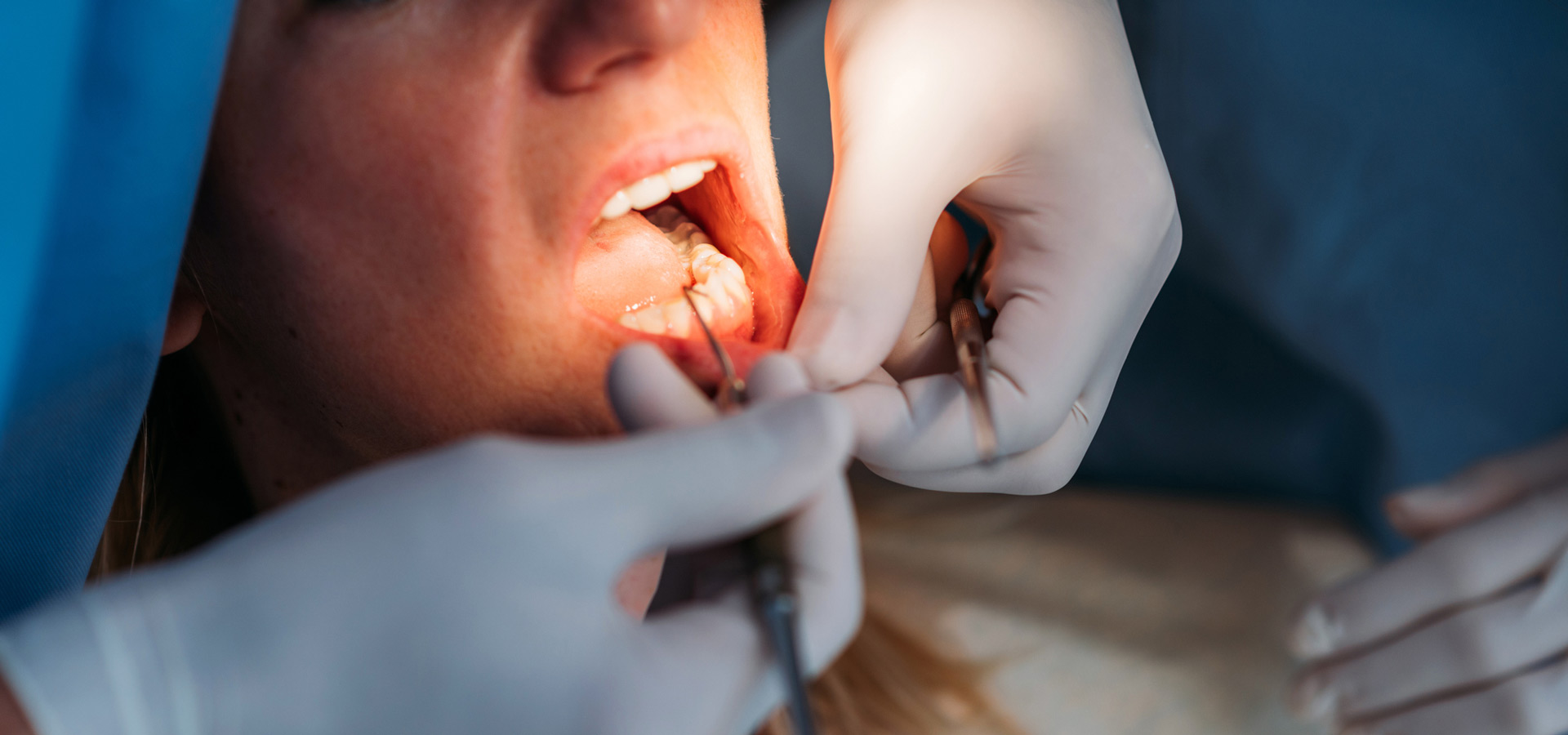
TAMPA, Fla. — Poor oral health has been linked to an increased risk of certain diseases, including head and neck squamous cell carcinoma (HNSCC), a group of cancers that involves the oral cavity and throat. Interestingly, oral health has long been thought to contribute to better outcomes for head and neck cancer patients, however this association has been inconsistent due to conflicting studies and a lack of available data.
Now, a new international study published in the Journal of the National Cancer Institute has revealed strong associations between oral health and survival among people diagnosed with head and neck cancer. Better oral health was associated with increased survival. Those who had more frequent dental visits were more likely to have their cancer diagnosed at an earlier, and less deadly, stage of the disease than those who had few or no dental visits.
The study is a collaboration between researchers from Moffitt Cancer Center, UNC Lineberger Comprehensive Cancer Center and UNC Adams School of Dentistry in partnership with the International Head and Neck Cancer Epidemiology (INHANCE) consortium.
“Our team has been working for many years to investigate the role of oral health in head and neck cancer patients. By working with INHANCE, this study includes the largest cohort of patients, offering robust evidence for the association of oral health and survival in head and neck squamous cell carcinoma. Consequently, we hope these findings will influence policies that govern the prevention and management of these cancers,” said study author Antonio L. Amelio, Ph.D., vice chair for research in the Head and Neck Oncology Department and associate member of the Tumor Biology Department at Moffitt.
More than 10,000 head and neck cancer patients from eight countries were asked to self-report aspects of their oral health and hygiene, including gum bleeding, tooth brushing frequency and mouthwash use, as well as the number of natural teeth and frequency of dental visits they had during a 10-year period prior to their cancer diagnosis.
Of the almost 2,500 eligible patient cases, those who had frequent dental visits (more than five visits in a reported decade) had higher overall survival at five and 10 years (74% and 60%, respectively) compared to those with no dental visits (54% and 32%, respectively). This finding was most pronounced among people with cancers of the oropharynx, which consists of the structures in the back of the throat, including the base of the tongue, tonsils and soft palate. Having no natural remaining teeth was associated with a 15% lower five-year overall survival compared to those with more than 20 natural teeth. Survival differences of less than 5%, which were not significant, were found for patient-reported gum bleeding, tooth brushing and mouthwash use.
While survival has improved during the past decades due to treatment advances, head and neck squamous cell carcinoma is the sixth most common malignancy worldwide and accounts for about 4% of all cancers in the United States. Current guidelines on oral health for head and neck cancer patients differ by organization, partly because of inconsistent data on the association between oral health and outcomes. The research team hopes their results will lead to a better understanding of the impact of oral health on patient outcomes and more consistent recommendations.
“The findings of our study highlight the importance of dental care, not only for the prevention of treatment-related adverse outcomes and improved quality of life, but also for tertiary prevention of head and neck squamous cell carcinoma and thus aim to improve patient survival and ameliorate disease impact. Future studies aimed at understanding the mechanisms that underly the observed benefits of maintaining oral health on improved outcomes is merited,” Amelio said.
This study was supported in part by funds received by the INHANCE Consortium from the National Institutes of Health (R03CA113157 and R03DE016611) and by funding from the state of Florida to Moffitt Cancer Center.
About Moffitt Cancer Center
Moffitt is dedicated to one lifesaving mission: to contribute to the prevention and cure of cancer. The Tampa-based facility is one of only 56 National Cancer Institute-designated Comprehensive Cancer Centers, a distinction that recognizes Moffitt’s scientific excellence, multidisciplinary research, and robust training and education. Moffitt’s expert nursing staff is recognized by the American Nurses Credentialing Center with Magnet® status, its highest distinction. With more than 8,500 team members, Moffitt has an economic impact in the state of $2.4 billion. For more information, call 1-888-MOFFITT (1-888-663-3488), visit MOFFITT.org, and follow the momentum on Facebook, Twitter, Instagram and YouTube.
###

